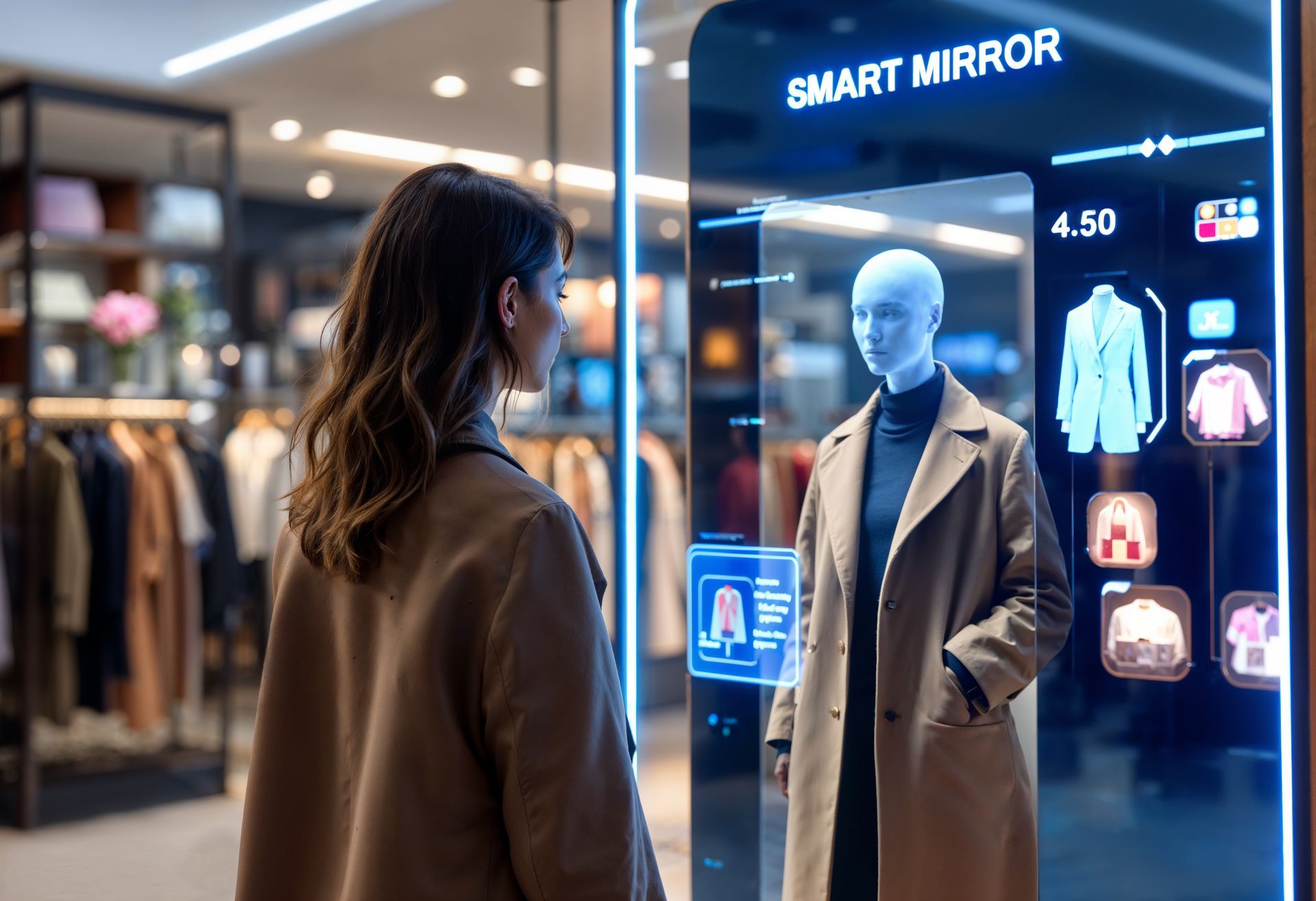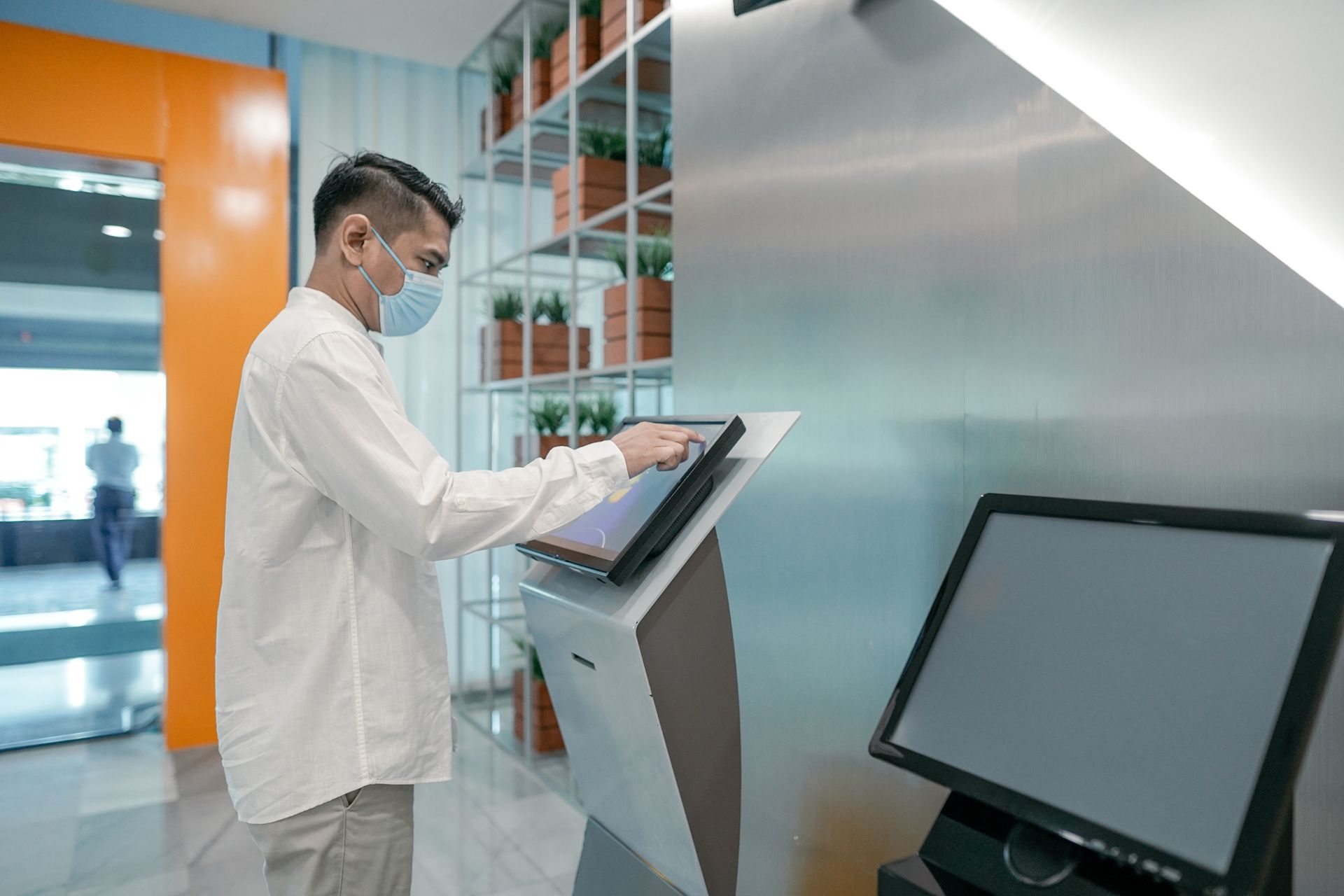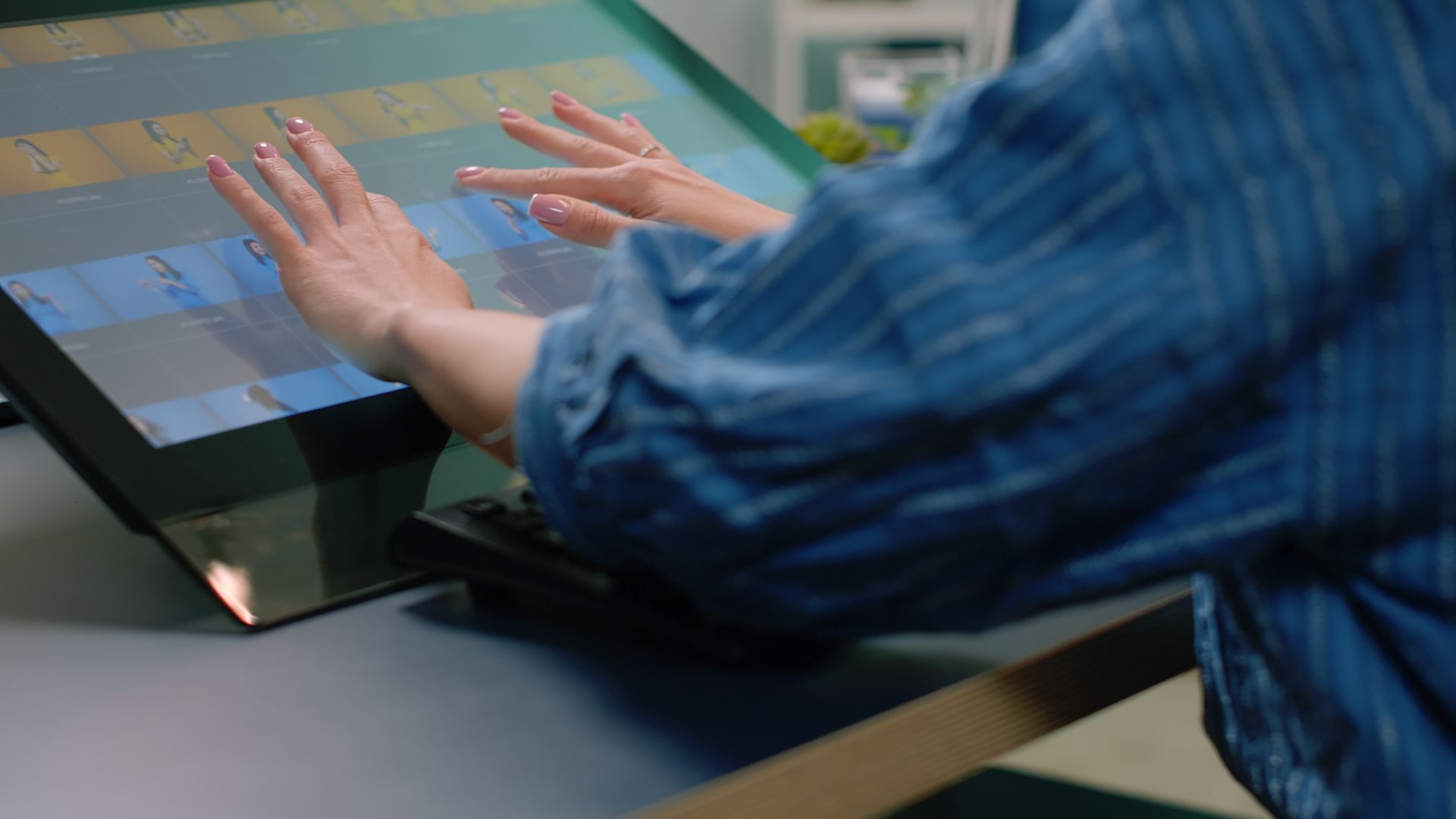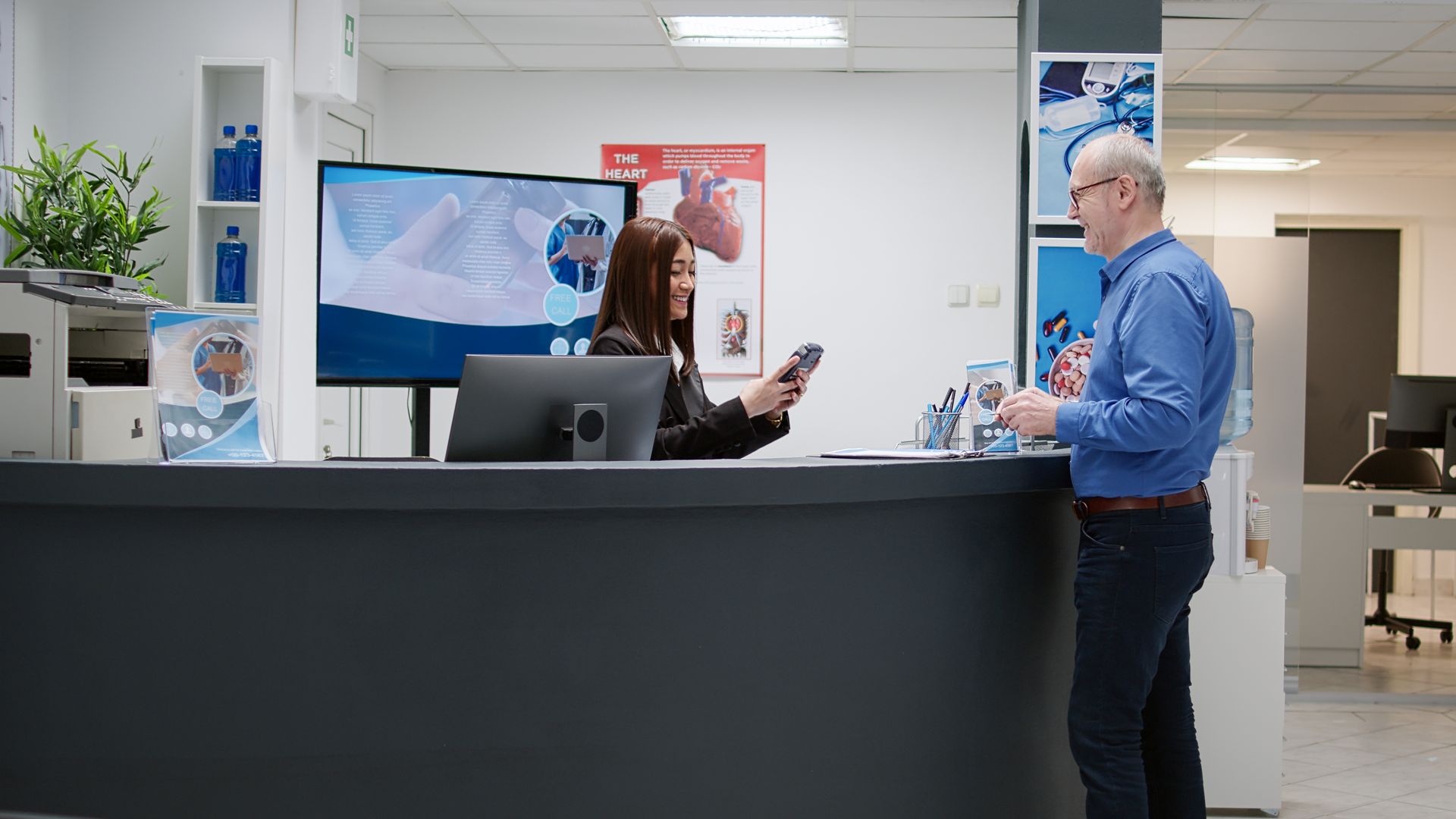How Visitor Management Systems Improve Workplace Safety and Data Privacy Compliance in Saudi Arabia
How Visitor Management Systems Improve Workplace Safety and Data Privacy Compliance in Saudi Arabia

As Saudi Arabia embraces digital transformation, workplace safety and data privacy have become top priorities for businesses. The introduction of strict regulations, such as those addressing data collection and storage, highlights the importance of adopting robust technologies to meet these standards. A Visitor Management System (VMS) not only enhances workplace security but also ensures compliance with evolving data privacy requirements. Let’s explore how VMS features and technologies can transform workplace safety and streamline compliance in Saudi Arabia.
Understanding Saudi Arabia’s Data Privacy Regulations
Saudi Arabia has implemented data privacy regulations, such as the Personal Data Protection Law (PDPL), which govern how businesses handle personal information. These regulations require organizations to:
- Collect data transparently with consent.
- Store data securely and restrict access.
- Limit data collection to essential information only.
- Ensure that data is not transferred or shared without authorization.
A VMS can play a pivotal role in meeting these requirements while also improving workplace safety.
Key Visitor Management System Features for Workplace Safety and Data Privacy Compliance
1. Secure Digital Data Storage
Traditional paper logs pose significant privacy risks, including unauthorized access and data theft.
Modern VMS solutions store visitor information in secure, encrypted databases, ensuring compliance with data privacy regulations.
Advantages:
- Centralized storage with restricted access.
- Protection against unauthorized data breaches.
- Automated data retention and deletion policies.
2. Consent-Based Data Collection
VMS solutions incorporate consent forms into the check-in process, ensuring visitors understand and agree to how their information will be used.
How It Helps:
- Aligns with PDPL requirements for transparent data collection.
- Digitally records consent for audit purposes.
- Builds trust by prioritizing visitor privacy.
3. Role-Based Access Control
To enhance workplace safety, VMS technology enables businesses to assign specific access permissions to visitors based on their roles or purpose of visit.
Use Cases:
- Vendors are restricted to delivery zones.
- Contractors access only maintenance areas.
- Clients are guided to meeting rooms.
Enhancing Workplace Safety with Visitor Management Technology
4. Real-Time Visitor Tracking
Real-time monitoring allows businesses to track visitors’ movements within the premises.
Why It Matters:
- Prevents unauthorized access to sensitive areas.
- Improves response time during emergencies.
- Provides visibility into visitor activities.
5. Contactless Check-In for Health and Security
Contactless check-in options, such as QR codes and mobile apps, minimize physical interaction and enhance workplace hygiene.
Key Benefits:
- Reduces touchpoints, aligning with health safety protocols.
- Speeds up the check-in process for visitors.
- Ensures accurate visitor identification.
6. Integration with Emergency Protocols
A VMS can integrate with emergency systems to ensure visitor safety during crises.
How It Works:
- Provides a real-time list of visitors on-site during an emergency.
- Sends automated alerts to visitors and employees.
- Assists in evacuation planning and execution.
Supporting Compliance Through Advanced VMS Features
7. Audit-Ready Reporting
Digital visitor logs and automated reporting features simplify regulatory compliance.
How It Helps:
- Provides detailed records for audits and inspections.
- Demonstrates adherence to data privacy and safety protocols.
- Reduces administrative burden on compliance teams.
8. Data Encryption and Access Logs
Encryption ensures that sensitive visitor data remains protected, while access logs track who interacts with the system.
Key Benefits:
- Prevents unauthorized access to sensitive information.
- Helps investigate potential data breaches.
- Demonstrates compliance with PDPL guidelines.
9. Customizable Data Fields
VMS technology allows businesses to customize the data fields they collect, limiting information to what is essential.
How It Aligns with Regulations:
- Avoids over-collection of visitor data.
- Meets the principle of data minimization.
- Ensures data relevance to the purpose of the visit.
Choosing the Right VMS for Saudi Arabia’s Businesses
Selecting the right VMS technology is critical for achieving both safety and compliance goals. Businesses in Saudi Arabia should look for systems that:
- Meet Data Privacy Standards: Compliance with PDPL and other relevant laws.
- Enhance Security: Features like real-time monitoring, access control, and integration with security systems.
- Support Scalability: Flexible solutions that adapt to business growth and regulatory changes.
Zeour’s Visitor Management Solutions are designed to address these needs, offering a robust platform that ensures workplace safety and regulatory compliance.
Conclusion
Visitor management systems have become indispensable for businesses in Saudi Arabia navigating the dual priorities of workplace safety and data privacy compliance. By leveraging advanced features like secure data storage, real-time tracking, and consent-based collection, VMS solutions not only protect visitors and employees but also ensure businesses meet strict regulatory requirements.
Invest in a future-ready solution with Zeour’s Visitor Management Technology, tailored to the needs of Saudi Arabia’s businesses. Contact us today to discover how we can help your organization stay secure and compliant in a rapidly changing digital landscape.



